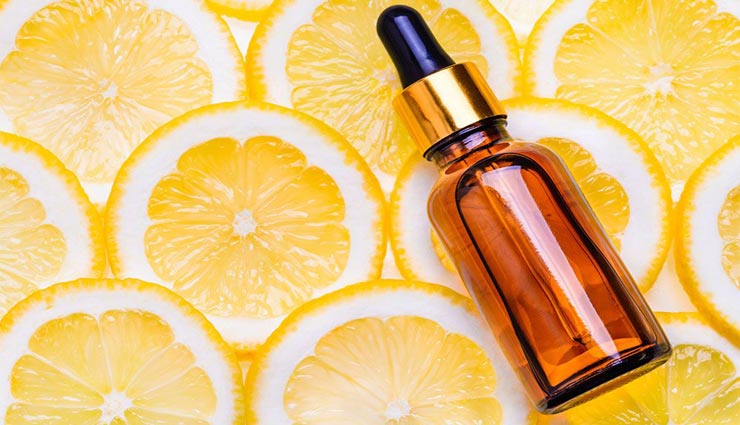Alpha hydroxy acids for skin
Alpha hydroxy acids (AHAs) can be found in fruits, sugar cane and milk. They are used for skin care. Alpha hydroxy acid can be used as a peeler to remove dead skin cells as well as to treat some concerns. We discuss the function, benefits, and safe use of alpha hydroxy acids in this article.
Alpha Hydroxy Acid: What is it?
Alpha hydroxy acids are naturally occurring acids found in some foods. Alpha hydroxy acid is used in many cosmetics and treatments to exfoliate the skin. Alpha-hydroxy acids loosen old skin cells by breaking down the adhesive that holds them together. This promotes new skin cell growth and cell circulation.
Alpha Hydroxy Acid Benefits
1. Gentle peeling
Alpha hydroxy acids are an alternative to other peeling methods such as abrasive brushes or scrubs. These methods irritate the skin and are harsh. People with dry or sensitive skin may benefit more from alpha hydroxy acid exfoliation.
2. Reduce acne
alpha hydroxy acids can prevent acne by removing dead skin cells that clog pores and cause pimples.
3. Improves skin texture
Peels containing alpha hydroxy acids can improve rough, flaky skin without irritating it.
4. Reduce the obvious signs of aging
The production of new skin cells slows down with time and exposure to sunlight. As a result, fine lines and wrinkles appear on the skin. The alpha-hydroxy acids kill dead skin cells on top and reveal new ones underneath. Alpha hydroxy acids can increase collagen and elastin in the skin when used long-term. As we age, these substances that give our skin structure and elasticity naturally decrease.
5. Reducing hyperpigmentation, melasma, and sun damage.
Hyperpigmentation or dark spots on the skin can be treated with regular use of products containing this acid. Alpha hydroxy acid can, however, cause dark spots and discoloration on darker skin. Consult a dermatologist before using these products if you are sensitive to these issues.

Alpha hydroxy acid versus beta hydroxy acid: what’s the difference?
An alpha hydroxy acid is one of the types of acids that can be used for skin care. Beta-hydroxy acids (BHAs) are a similar class of acids that exfoliate the skin.
Beta-hydroxy acids and alpha-hydroxy acids have similarities, but some people believe beta-hydroxy acids are more effective for oily and acne-prone skin. This may be due to beta-hydroxy acids’ benefits. Some of these benefits include:
- smoother skin;
- Reduce the shedding of skin cells inside the pores.
- Remove blackheads and whiteheads.
Alpha hydroxy acids can be used in a variety of ways. These acids are commonly found in products such as:
- Skin cleanser;
- Toner or tonic;
- Face pad;
- Skin serum;
- Facial moisturizer.
Some products containing this acid should be washed off; others should be left on the face. The American Academy of Dermatology (AAD) recommends that you consider your skin type and other products you have used before choosing alpha hydroxy acid or peels.
Tips for using detergent products:
Use small circular motions when applying the product to the face.
Leave it on for 30 seconds.
Then, wash your face with lukewarm water.
Apply a moisturizer to prevent dry skin.
Using exfoliating products
Alpha hydroxy acid exfoliators are more powerful treatments that can treat obvious skin problems such as roughness or hyperpigmentation. They can be a milder alternative to deep peels and laser peels.
In the dermatologist’s office, alpha hydroxy acid peels can be performed. The procedure takes 15 to 20 minutes. You should use glycolic acid peels once every one to two weeks.
Your dermatologist will first cleanse your skin.
The solution should be 20 to 70% strength.
After a few minutes, this solution is washed off the skin.
Precautions when using alpha hydroxy acid
Test the product on a small area of skin before using it on a larger area.
The product should not be used if it irritates or irritates the skin.
Follow the instructions on the product label for use on the face if it does not react.
Follow the post-use instructions.
Research shows that alpha hydroxy acids can increase sensitivity to UV light. Beta hydroxy acids do the same thing. When using chemical peels, it is important to protect your skin from the sun. Products with the following characteristics are recommended by the US Food and Drug Administration:
Alpha hydroxy acid concentrations of 10% or less;
3.5 or greater
Apply a waterproof sunscreen with an SPF of 30 or higher after using these acids.
Overuse of these acids can result in:
The use of glycolic acid or lactic acid on the skin is probably safe. Acids should not be more than 10% in products used on the face. Lactic acid can be applied to other parts of the body at higher concentrations (up to 15%). Exfoliating products, lotions and creams containing more than 15% should only be used under the supervision of a dermatologist.
It is dangerous to use products containing alpha hydroxy acid excessively. Skin care products usually contain small amounts of this acid, but if you use them frequently, you may experience side effects.
Among the complications of excessive peeling are:
- Redness and irritation of the skin;
- Dryness or flakiness of the skin;
- Blemishes and uneven skin tone;
- Skin is more sensitive to other products.


